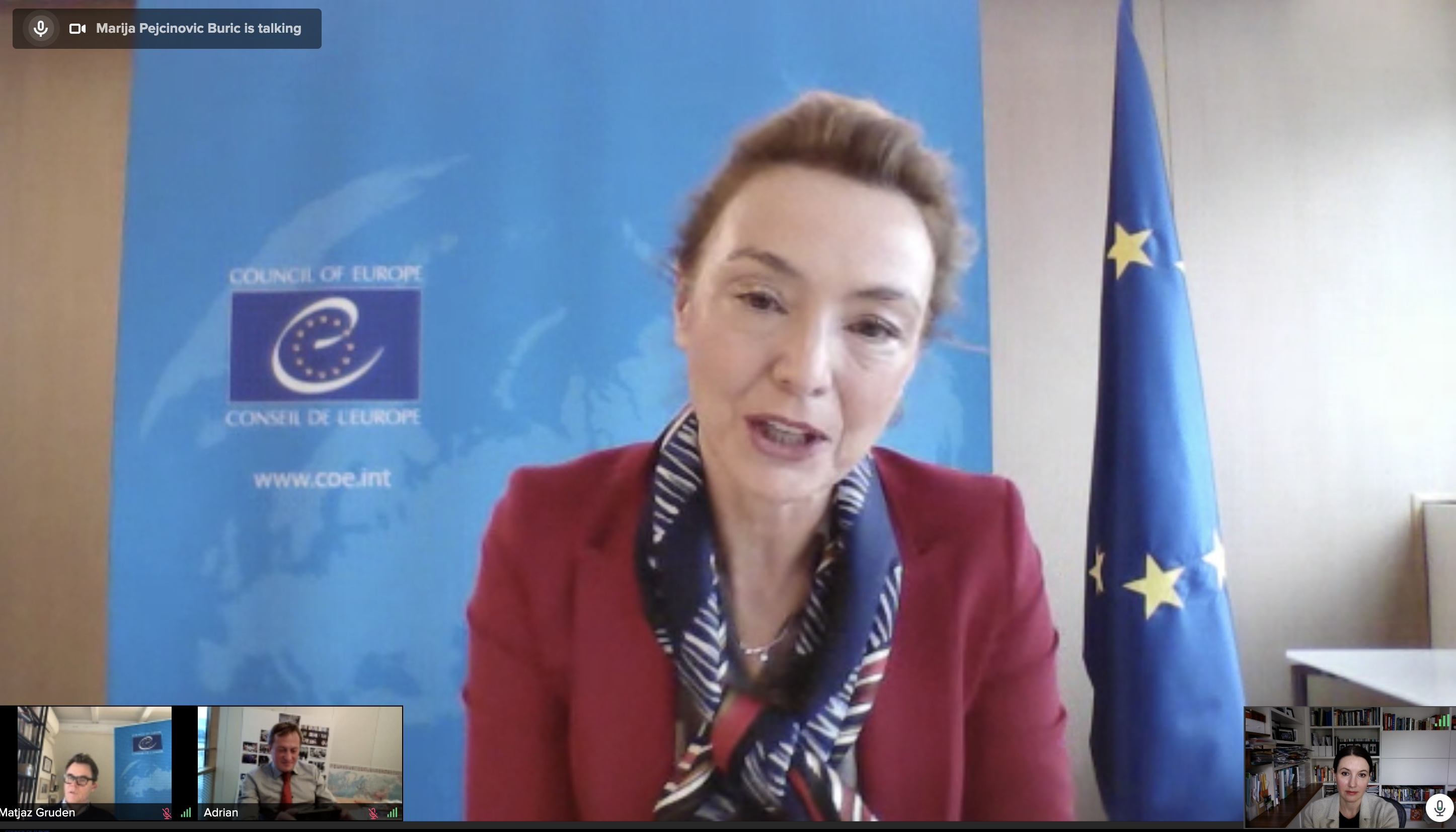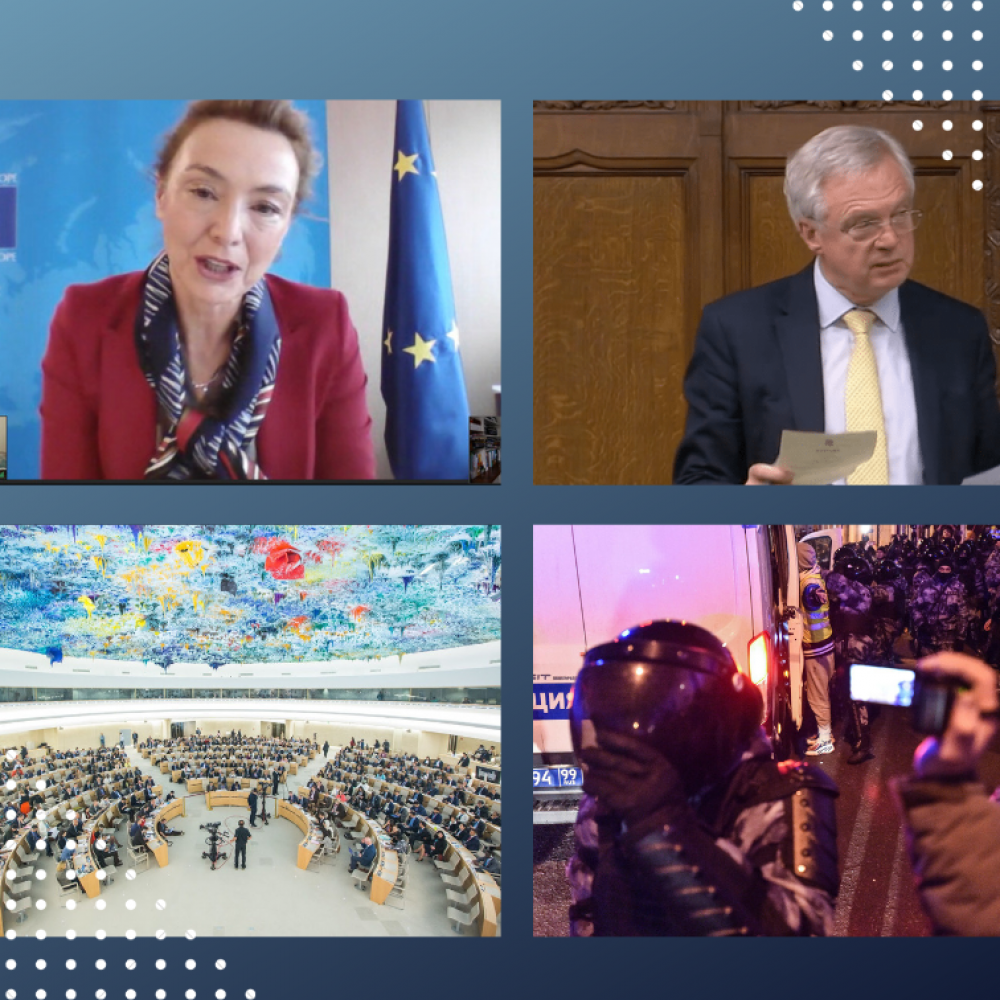JUSTICE FOR JOURNALISTS FOUNDATION INVESTIGATIVE GRANT PROGRAMME
On January 17, 2021 we launched a call for applications for our annual Investigative Grant Programme. Proposals to conduct journalistic investigations into crimes against media workers will be accepted until March 20, 2022 via online form. In 2022, the Justice for Journalists Foundation will accept grant applications in a total of six subject areas. More information is available here.
The maximum amount offered for each individual grant will be 80,000 US Dollars. The Foundation’s Advisory and Expert Boards and Board of Trustees will examine applications until the end of April, 2022 and the Board of Trustees will announce their decision by May 3, 2022.
SLAPPs
On 20 January 2022 the House of Commons hosted a debate on Lawfare and the UK Court System discussing in details the SLAPPs (Strategic Lawsuits Against Public Participation) in the UK and how the law firms in the UK are involved in litigation against journalists, writers and publishers with a sole purpose of silencing them. The debate sponsored by David Davis MP had been supported by 30+ MPs across the political parties.

During the debate, Unsafe for Scrutiny report by the Foreign Policy Center (FPC), supported by the Justice for Journalists Foundation Investigative Grant Programme was cited, mentioning Anti-SLAPP conference co-hosted by the Justice for Journalists Foundation and the Foreign Policy Center in November, 2021.
The MPs cited the briefing note, highlighting recommendations and endorsing draft proposals prepared by the Foreign Policy Cente.
TROUBLE WITH THE TRUTH
Lana Estemirova’s new episode of Trouble with the Truth follows the protests that rocked Kazakhstan. It’s been reported that 225 people lost their lives in the bloodshed, although the real number might be higher.
Lana’s guests are journalists Madina Alimkhanova and Lukpan Akhmedyarov who shared their experience of reporting from the street in Almaty and Uralsk. Expert on the region Erica Marat discusses the underlying causes of the unrest, the potential power struggle between the former and the current presidents and the dangers of inviting foreign troops to handle a domestic crisis.
JOINT SUBMISSIONS AND PARTNERSHIPS

On 31 January, 2021 the Justice for Journalists Foundation became partner to the Council of Europe’s Platform to promote the protection of journalism and safety of journalists. The Director of the Justice for Journalists Foundation, Maria Ordzhonikidze, signed the agreement to join the Platform with the Council of Europe Secretary General, Marija Pejčinović Burić.
On 18 January, 2021 the Justice for Journalists Foundation along with 10 Russian NGOs and media projects including Human Rights Center “Memorial”, “OVD-Info”, Committee against Torture, Public Verdict Foundation, The Moscow Helsinki Group, “For Human Rights” сivil project, Information Center “Indigenous Russia”, International Indigenous Fund for development and solidarity “Batani” (Batani Foundation), “Tak-Tak-Tak” assistance Funds to mass communications and legal education’s development, Legal and Social Support Charitable Foundation Sphere filed the submission under Rule 9.2 on the implementation of the general measures in the case № 57818/09 “Lashmankin v. Russia” to the Council of Europe.
The submission states that for the first six months of 2021, more than 16,000 administrative cases related to protests were reviewed by Russian courts. Only 438 cases were dismissed. To compare, in the previous four years the courts rendered 13,760 indictments for the same article. The full information about attacks on media workers during public assemblies is available in the Justice for Journalists Foundation Media Risk Map.

On 28 January 2021, Moldova’s human rights record was examined by the UN Human Rights Council’s Universal Periodic Review (UPR) Working Group. Together with our partner, the Association of Independent Press of Moldova (API), the Justice for Journalists Foundation has contributed to the UPR by submitting the joint report for inclusion in the summary of stakeholder submissions.
ORKHAN DZHEMAL MEDIA SAFETY ACADEMY

In January, Academy’s master course The basics of the media safety and security has started for the 80 students of The Free Moscow University Media School. Academy’s course covers the following areas: risk analysis, physical safety while covering public assemblies and conducting investigations, digital, cyber, and legal security.
We also welcome Russian-speaking media workers to enrol to the online course The basics of the media safety and security on the Academy’s website.

